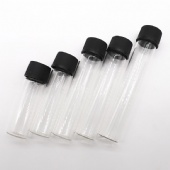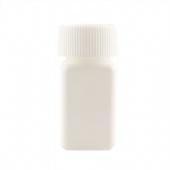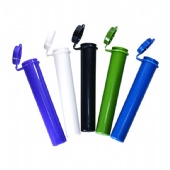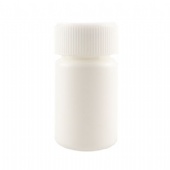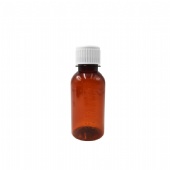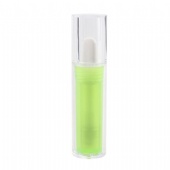Author:Date:2020-12-8
Reducing waste while increasing cannabis use and profits: Long-desired sustainable packaging alternatives that incorporate cannabis have been elusive because of the legality of hemp and marijuana. Also, supply-chain hurdles stand in the way of companies converting waste to usable raw material.
Stopping waste pollution: Cannabis destruction has traditionally been required during waste disposal. Consequently, much of this biodegradable material has been thrown into landfills, adding another financial and environmental burden to cannabis cultivators and processors. Instead, growers and processors could give their waste to entrepreneurs who can salvage it for other uses and eliminate two problems at once—all while adopting sustainable packaging.
Bio-circular requirements are the future: Using the waste that is readily available to create environmentally friendly products such as plant-based plastic bottles—versus those produced from fossil fuels—can make the industry bio-circular and position companies for the years ahead.
“We are asking our regulators to build in a requirement to say, ‘If you, as an industry, have a bio-circular opportunity, you need to be taking it or be seriously exploring it, Bio-circular is going to be the future for consumer-packaged goods, because ultimately we’re making things with carbon.”
Got paper?
Industry needs can often lead to opportunities.
Hemp paper is notoriously strong compared to tree paper, and it can be recycled seven to eight times as opposed to three or four times for tree paper.
According to the U.S. Natural Resources Defense Fund, humans worldwide produce 300 million tons of plastic each year, half of which is for single-use items—a figure nearly equivalent to the weight of the entire human population. Single-use plastics include packaging, bottles, wrappers, straws and bags, which are often disposed of immediately after use.
Polyethylene terephthalate, which is one of the most commonly recycled plastics, can be recycled into products from polyester to car parts, although 91% of all plastic isn’t recycled at all. Instead, that waste ends up in landfills—or, worse yet, discarded in the environment.
Currently, 99% of plastic is derived from fossil fuels, which means the market possibilities for plant-based alternatives are endless.
↓Next [ sustainable packaging options for cannabis products ]

